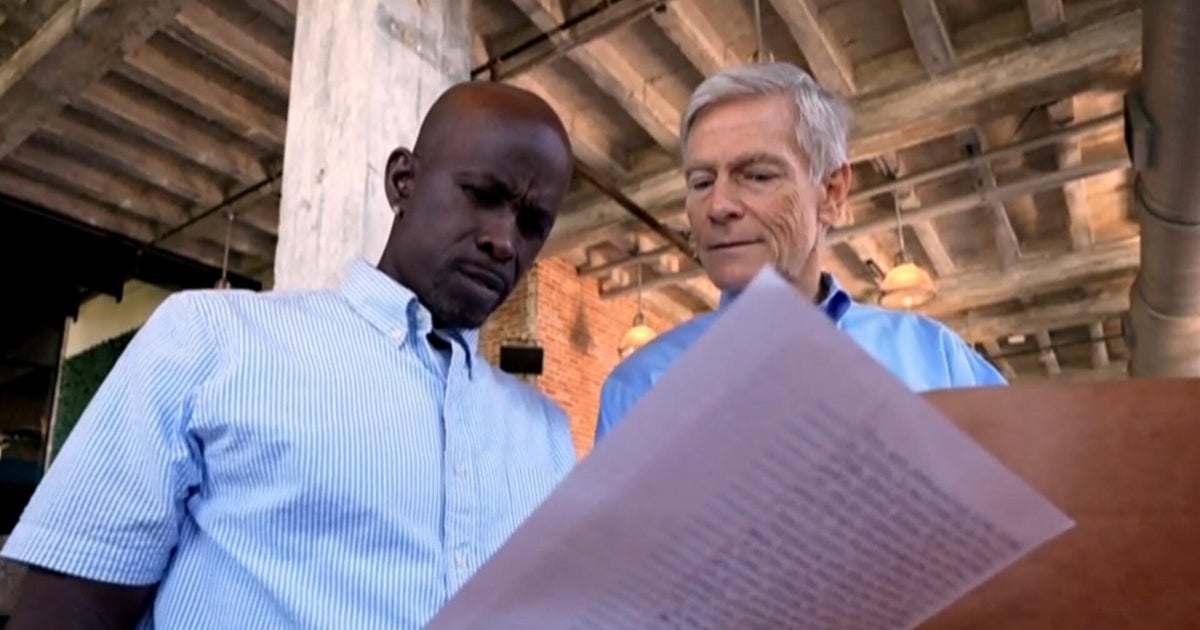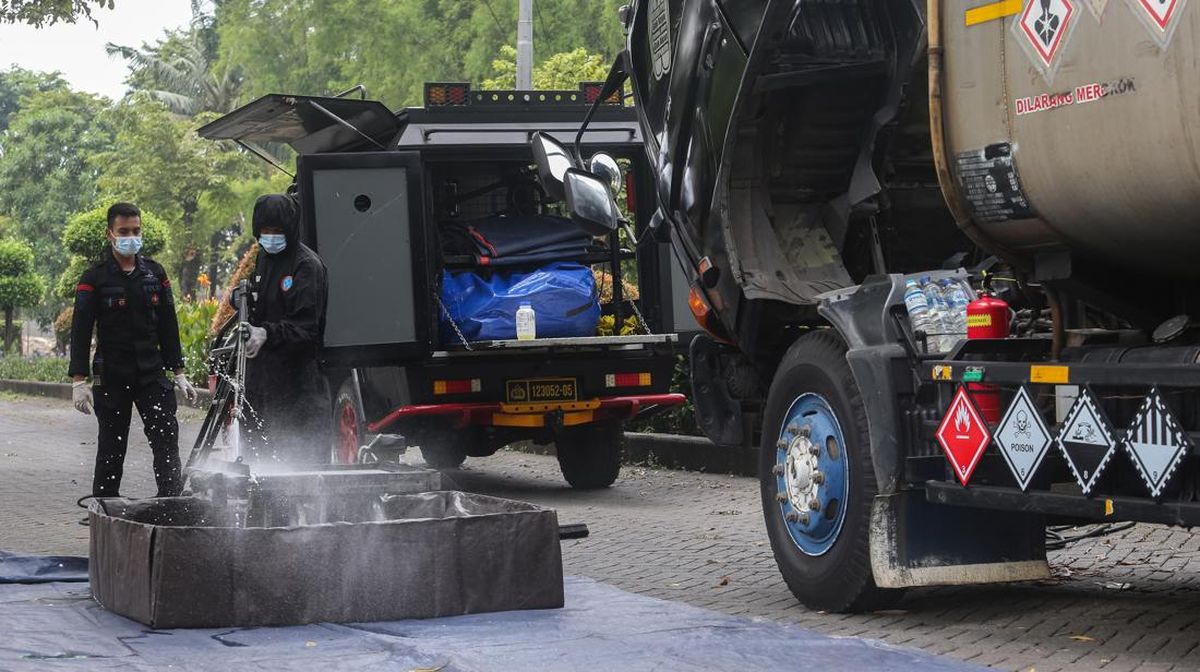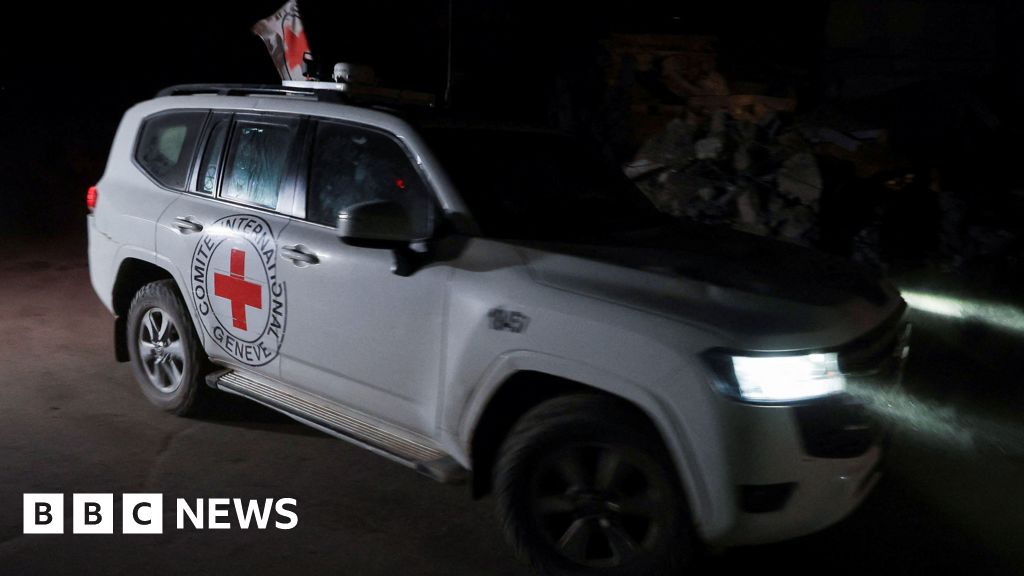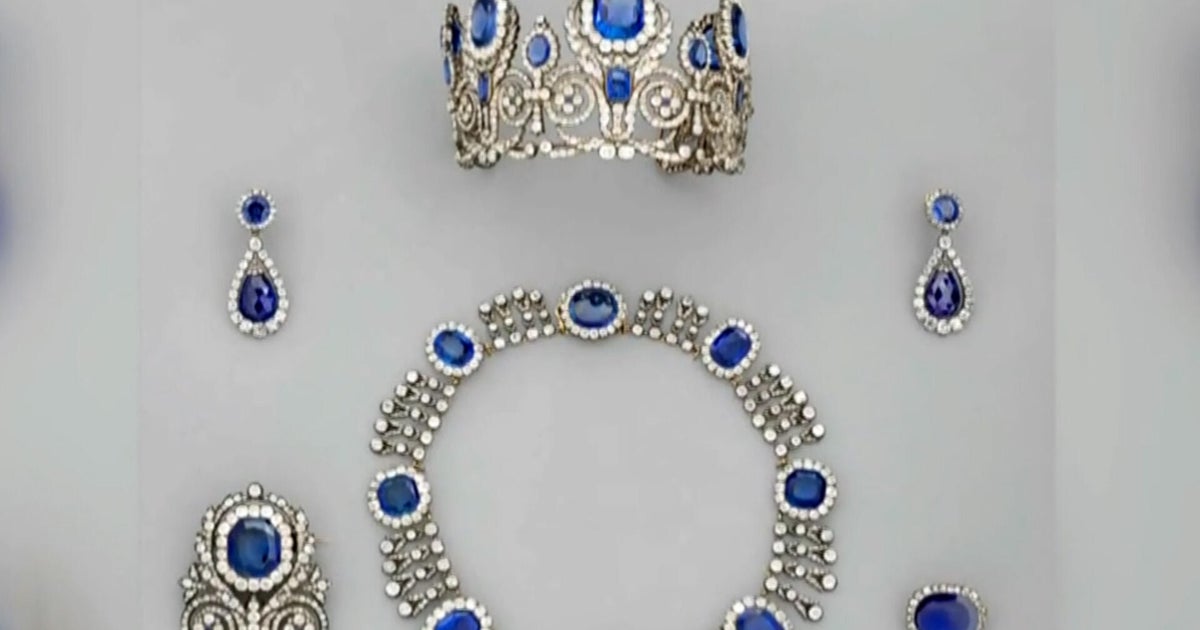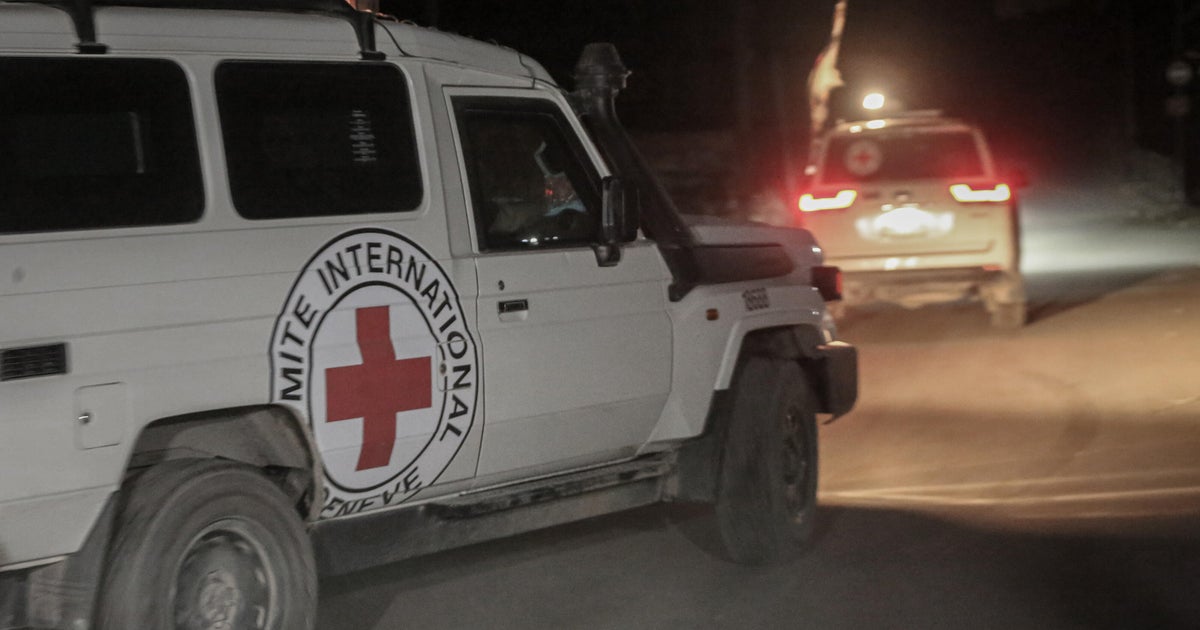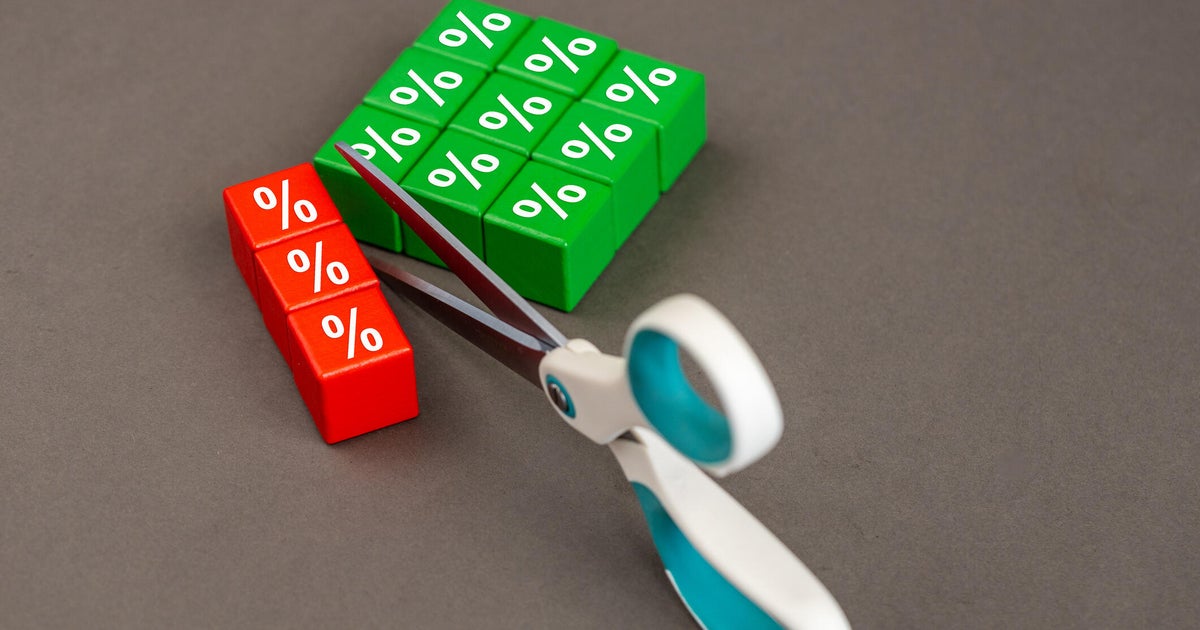A team of Australian researchers has uncovered how pregnancy and breastfeeding protect women from developing breast cancer in a breakthrough they hope will shape new ways to prevent and treat the disease.
While it has been known for decades that women who have children and breastfeed are less likely to develop breast cancer, scientists previously believed this was due to hormonal changes during pregnancy.

Stephanie and Nathaniel, with their daughters April, 4, and Eliza, 20 months, at Booran Reserve in Glen Huntly. Credit: Penny Stephens
Now, a team of researchers led by Professor Sherene Loi, of the Peter MacCallum Cancer Centre, has discovered a key driver of cancer protection: an accumulation of infection-fighting T-cells in the breasts.
This important immune process takes place during pregnancy and breastfeeding, and provides protection for decades.
“The whole process of pregnancy and breastfeeding changes your immune system,” Loi said.
Loading
Loi believes that during breastfeeding, microbes in the baby’s saliva, as well as viruses and mastitis, create an environment in which T-cells migrate to breast tissue.
“These cells act like local guards, ready to attack abnormal cells that might turn into cancer,” she said of the study, which also involved researchers from the Doherty Institute and Walter and Eliza Hall Institute.
“This protection may have evolved to defend mothers during the vulnerable post-pregnancy period, but today it also lowers breast cancer risk, especially the aggressive type called triple-negative breast cancer.”
The findings have been published in the prestigious Nature journal. Loi described it as “a paradigm shift in how we understand immunity and its involvement in long-lived protection from breast cancer”.
Loading
Previous research has estimated that the risk of breast cancer is reduced 7 per cent every time a woman gives birth and an additional 4.3 per cent for every 12 months of breastfeeding.
Loi stressed that her research was focused on understanding a biological mechanism, and not intended to pass judgment on personal decisions about having children or breastfeeding.
“Even if women do breastfeed, it’s not a 100 a per cent guarantee that you’re not going to get breast cancer,” she said.
Loi said any period of breastfeeding offered protective benefits, but six months or more proved to be the most advantageous.
About 58 Australians are diagnosed with breast cancer every day. It is the most common cancer among women, and one in seven are diagnosed with the disease.
National Breast Cancer Foundation chief executive Dr Cleola Anderiesz said the research represented a major leap in our understanding of how reproductive history could influence long-term breast cancer risk.
“If these findings can be translated into preventive strategies or new therapies, they have the potential to significantly reduce breast cancer incidence and ultimately save lives,” she said.
The study examined the healthy breast tissue of more than 260 women who had undergone breast reductions or preventive mastectomies and found those who had children had many more T-cells.
The researchers then implanted cancerous cells into the mammary fat pads of mice and observed a much slower growth rate in those that had given birth and lactated. When tumours did develop in this cohort of mice, they were much smaller and contained T-cells.
Loading
When the researchers removed these T-cells, this protection evaporated, and the tumours grew just as fast as those in mice that had never reproduced.
Finally, the team investigated outcomes for women diagnosed with the most aggressive form of the disease: triple-negative breast cancer.
“We found that women who had breastfed did better from their triple-negative breast cancer than those that had not breastfed … their tumours had more immune cells,” Loi said.
Stephanie, who did not want her last name published for privacy reasons, is breastfeeding her 20-month-old daughter Eliza.
She said breastfeeding was a learnt skill that allowed her to comfort and bond with her two daughters while providing them with many health benefits. She said she was excited about the research findings.
“The women’s health benefits are a bonus,” she said.
Stephanie, who lives in Glen Huntly in Melbourne’s south-east, said many women intended to breastfeed, but then found it challenging once their babies were born and struggled to access the right support.
She undertook a breastfeeding education course with the Australian Breastfeeding Association before her eldest daughter, April, was born in 2021, and found it invaluable.
“There was a woman breastfeeding a newborn in front of the group and we could ask her questions,” she said. “I don’t think I’d ever seen anyone breastfeeding as I was the first one in my friendship circle to have a baby. It was really powerful.”
Loading
Australian Breastfeeding Association executive officer Victoria Marshall-Cerins hopes the findings increase awareness of “just how extraordinary breastfeeding is in protecting women’s health”.
She said that while 96 per cent of Australian mothers initiated breastfeeding, just 16 per cent were exclusively breastfeeding their babies at six months.
The World Health Organisation recommends exclusive breastfeeding for the first six months of a baby’s life, followed by continued breastfeeding with suitable foods for up to two years or beyond.
“Women are not being supported to achieve their breastfeeding goals,” Marshall-Cerins said.
“We’re failing women to access this incredibly protective pro-health activity, and we’re not supporting babies to access the best nutrition.”
Marshall-Cerins said she believed inconsistent breastfeeding advice and unsupportive community attitudes were driving down breastfeeding rates. She said women were returning to work sooner after having babies, and needed supportive employers to allow them to combine breastfeeding and work.
She said a very small proportion of women and babies were unable to breastfeed because of physiological and neurological barriers.
Start the day with a summary of the day’s most important and interesting stories, analysis and insights. Sign up for our Morning Edition newsletter.
Most Viewed in National
Loading

